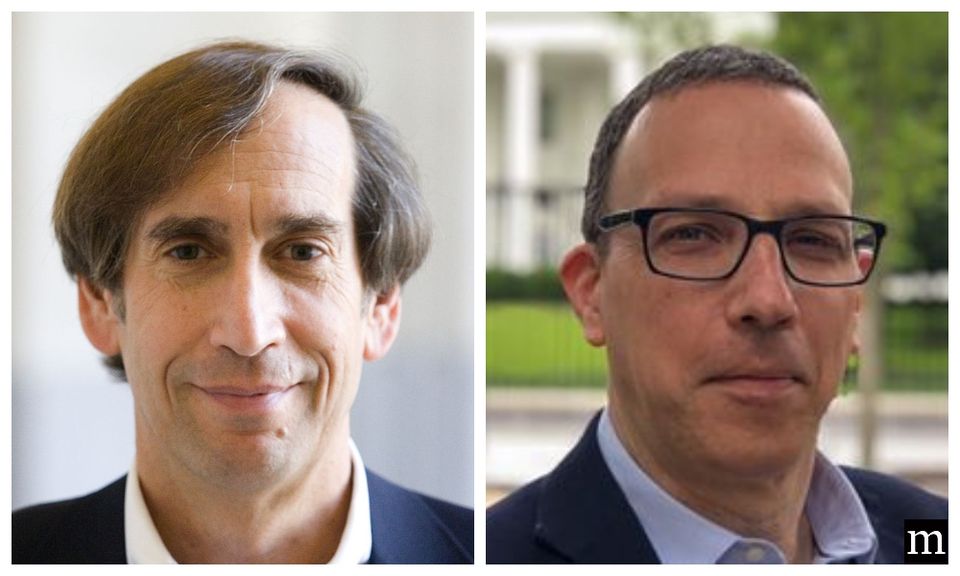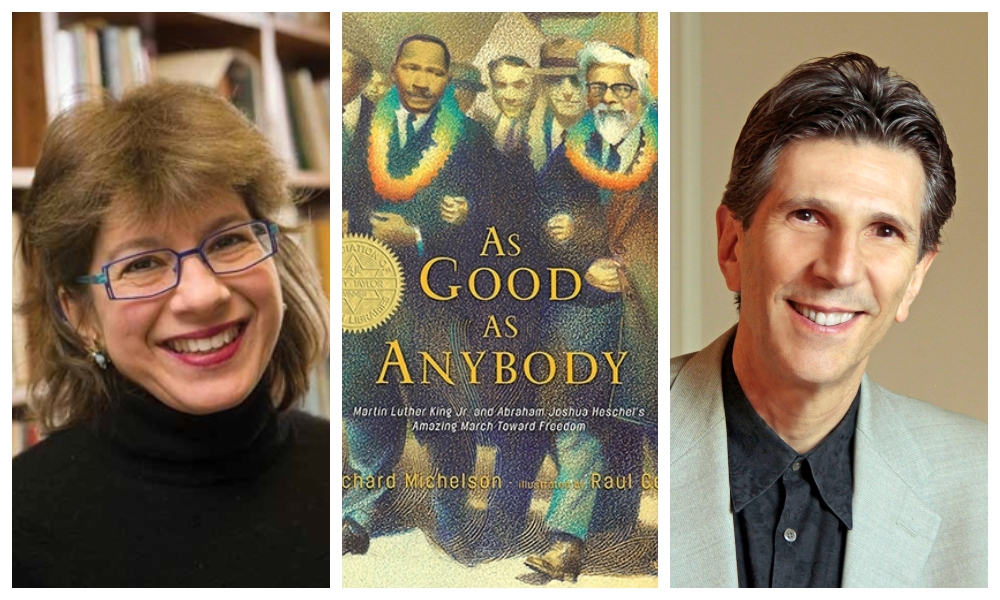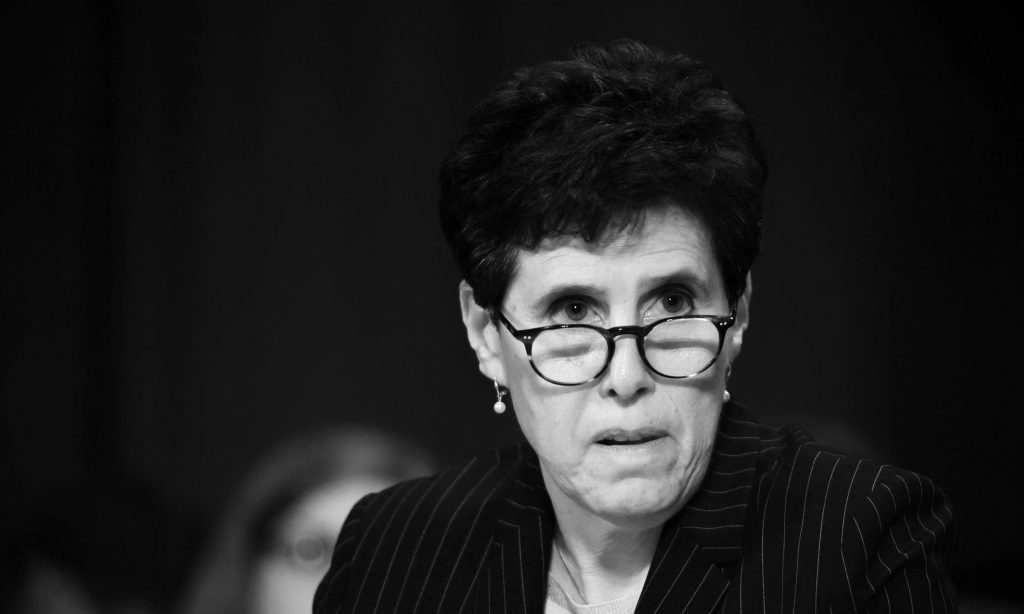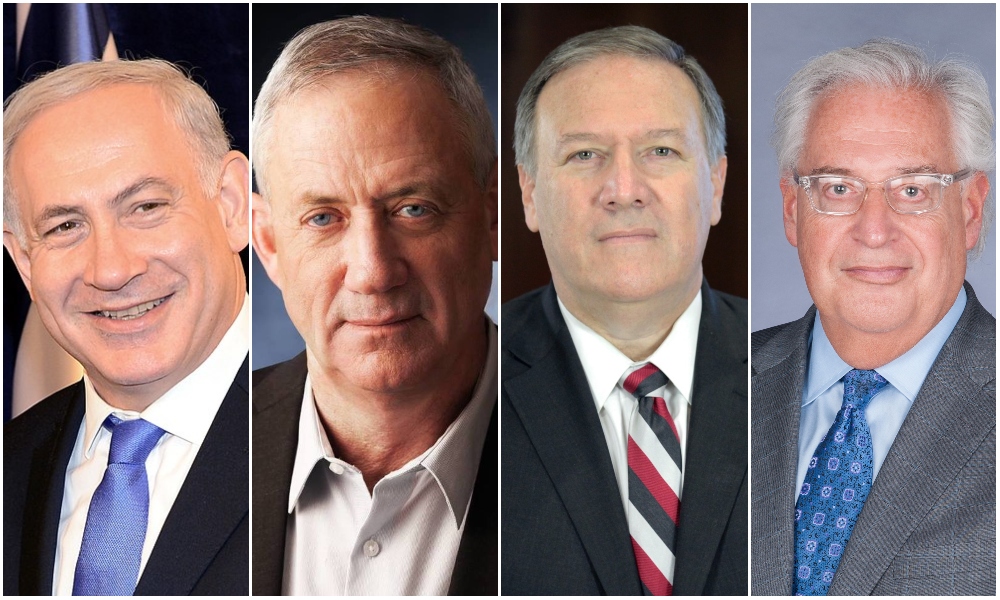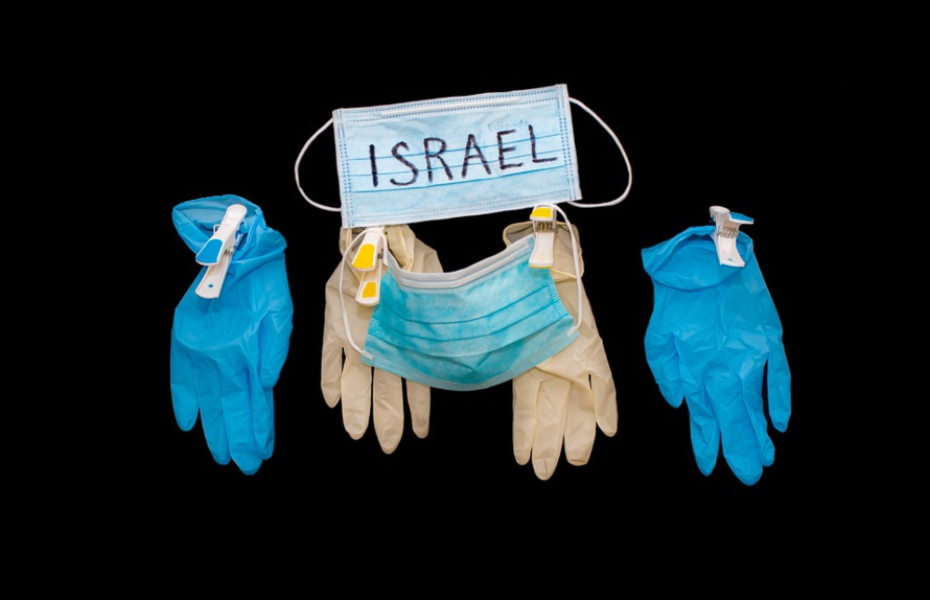Saif was not interested in discussing politics and was anxious to stress the support he’s received, not only from his boss, Braverman, but also from the prime minister and his Likud colleagues in the cabinet. He came across as sincere when he stressed his belief that economic progress, rather than political change, is what is needed to make Arabs full members of Israeli society and improve their relations with the Jewish majority.
“What does the Arab citizen want?” he asked rhetorically. “What do I want? No, forget about me, I’m 41, but what about my children? I have a girl born a week ago. I want her to have the same opportunities that your child, who is Jewish, has. Opportunities for education, to work and to live at a similar standard of living. That’s all I want. Of course, I also want there to be peace with the Palestinians. But as a citizen, I want equal opportunity for my children.”
His plan focuses on 13 of the largest, most stable and best-run Arab towns and cities, including Sakhnin and Umm al-Fahm in the north and the Bedouin city of Rahatw in the south, which between them are home to about one-quarter of the country’s Arab citizens. Saif said the best way to understand its scope was to imagine its typical client being an Arab woman. “In order to be able to work, she needs to be able to put her children in daycare,” he began. “So the program has a daycare component. She may need professional training or retraining, so we will provide that too. Of course, she needs a place to work, so the program will include investment in establishing industrial zones in the towns, and drawing businesses to them. And she needs to be able to get to and from work, so we will have the element of public transport, since it’s completely lacking within Israel’s Arab towns.” The program also calls for the creation of authorities in the individual towns that will provide incentives and advice to entrepreneurs who want to establish new businesses; the construction of apartment buildings and arrangement of mortgages; and investment in improving police services in the Arab sector, which suffers from high levels of violent crime.
Saif was confident that the plan would be a success even though, aside from the brief period of Yitzhak Rabin’s second term as prime minister (1992-95), when it is generally acknowledged that things improved for Arabs, previous plans were not implemented. In some cases, the funds were never even transferred by the Treasury to the intended authorities. Saif explained that he had studied those past failures and devised the current effort with them in mind. “The program was designed, and it’s important to stress this, in full cooperation with the finance minister; and with the Industry, Labor and Trade Ministry; the Housing Ministry; the Transport Ministry; and also the Interior Ministry,” he said. “So I’m not worried.”
He was also certain about the huge potential for Arab economic growth. “We’re moving from a traditional economy, based largely on agriculture and heavy industry, to one based more on services, commerce and in recent years, several particular areas” including the food industry, plastics, furniture and tourism. “And of course, high-tech.”
I drive to Nazareth—the country’s largest Arab city, with a population of some 70,000—to visit Galil Software, a two-and-a-half-year-old software company. There I meet CEO Inas Said, 45, an Arab engineer who spent two decades working in Germany and in the U.S. He says that until a recent flurry of attention in the press, most Jewish executives seemed unaware of the potential within the Arab community. “People would say, ‘There’s good hummus in Nazareth, but no business,’ not to mention many skilled technology professionals,” says Said, adding that the reluctance to hire Arabs comes from “ignorance, fear of the other, and the fallacy of attributing bad things to an entire community.”

